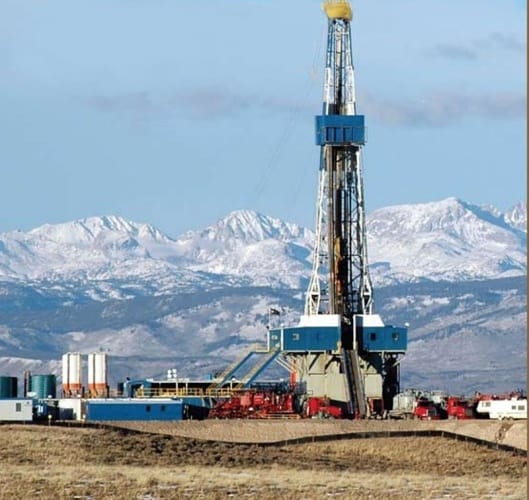
The study, published in the journal Epidemiology, analysed data from 40 counties in north and central Pennsylvania, where extensive fracking has taken place over recent years. It looked at the records of 9,384 mothers who gave birth to 10,946 babies between January 2009 and January 2013, and correlated it with data on local fracking operations. Women living in the most active areas of fracking were 40 per cent more likely to give birth pre-term, and 30 per cent more likely to have their pregnancy classed as high-risk by an obstetrician.
“The growth in the fracking industry has gotten way out ahead of our ability to assess what the environmental and, just as importantly, public health impacts are,” said lead author Brian S. Schwartz, a professor in the Department of Environmental Health Sciences at the Bloomberg School.
“More than 8,000 unconventional gas wells have been drilled in Pennsylvania alone and we’re allowing this while knowing almost nothing about what it can do to health. Our research adds evidence to the very few studies that have been done in showing adverse health outcomes associated with the fracking industry.”
While the study does not reveal why women near the most active wells are more likely to give birth prematurely, the researchers know that fracking activity results in increased noise, road traffic and other changes that can increase maternal stress levels. Questions have also been raised around the environmental impact of fracking, and its effects on air and water quality.
“Now that we know this is happening we’d like to figure out why,” said Schwartz. “Is it air quality? Is it the stress? They’re the two leading candidates in our minds at this point.”
“The first few studies have all shown health impacts. Policymakers need to consider findings like these in thinking about how they allow this industry to go forward.”




Nanogenerator consumes CO2 to generate electricity
Whoopee, they've solved how to keep a light on but not a lot else.